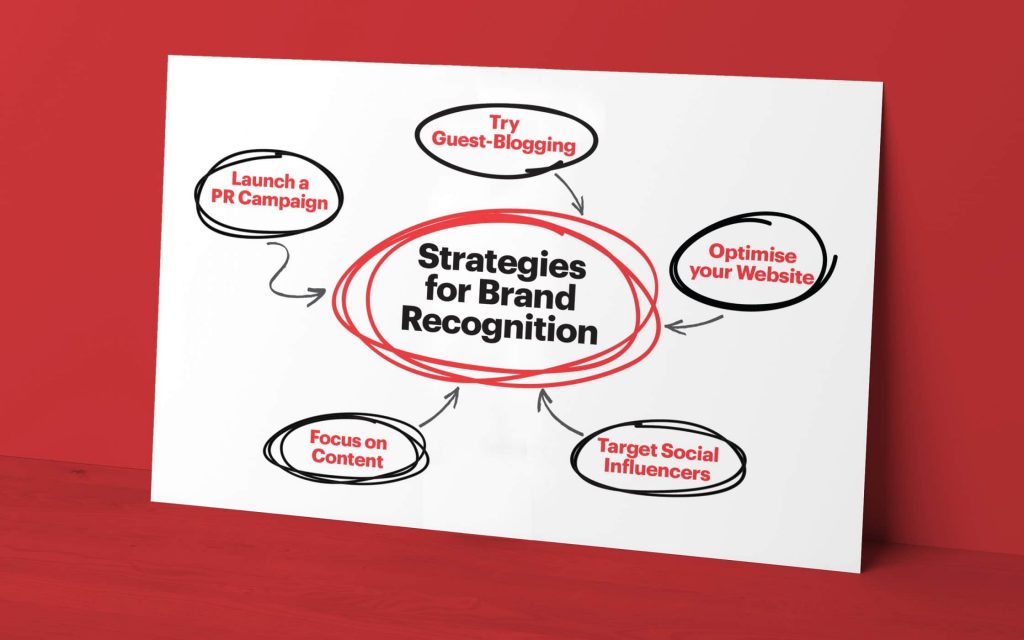A whopping three quarters of customers place emphasis on understanding a company’s core brand values before parting with their cash.
This is according to Feefo, which reveals that consumers are starting to move away from the ‘cheapness’ of a transaction, to general ethics. This is not to say they still want to bag a bargain, but now want to know its products’ source, or whereabouts, and how and where their goods are being manufactured; or how and where the service is being carried out.
The report, produced from a survey of 2000 people in the UK, sheds some light on how consumers perceive the brands they buy from. It found that shoppers are paying much more attention to how companies behave. It also points to how and why buyers are more than willing to walk away if they don’t like what they see.
It’s been an incredibly volatile 12 months for businesses, which has seen a seismic shift in consumer behaviour, some aspects of which will have a long-lasting effect on how buyers think, act and spend. That said, our research shows that for those businesses that are agile and realign their marketing strategies, there are many opportunities to improve brand awareness, perception, and loyalty. Those that respond and act with the medium to long term in mind will see greater returns over the next few years than those that see this period as nothing more than a dip, due to external circumstances.”
Brands must be socially responsible

img source: iabc.com
The 2025 data shows that 74% would be less likely to purchase from a brand if they were disappointed by a company’s words or actions on a social or political issue, with 57% agreeing that companies should be socially and environmentally responsible.
The study highlights some intriguing statistics which suggest consumers are increasingly sensitive to companies behaving unethically.
While almost three-quarters (74%) said they would be less likely to purchase if disappointed by a company’s words or actions on social or political issues, less than half (48%) would give them another chance if they made themselves accountable. And more than a quarter (26%) said they would stop buying from them together.
More than three-quarters of those surveyed believe brands that say they are socially responsible and 61% spend more money with socially responsible brands that they respect.
Influencers not so influential

img source: ipsos.com
Jonathan Emmins,, says “The mask has dropped on ‘influencers‘ as consumers are astute and can see whether the relationship between influencer and brand is authentic, deep and adds value to their lives. For this reason, many brands are stepping away from using celebrities and instead of moving towards campaigns that work with real and more relatable talent; people who share the brand’s values, passions or interests. This gives brands authenticity and permission to play in the focus area, audience, or sector. Plus, there’s an added benefit here: collaborations and co-creation campaigns with emerging talent don’t carry the same hefty price tag as top-tier celebrity advertising. This helps brands create a larger volume of more interesting, engaging, and entertaining content which can be targeted at pockets of the audience, rather than a one-size-fits-all strategy.”
Influencers are also losing ground in the world of business. Being associated with a brand is becoming more colorless with the buyer and is beginning to have no effect on their perception of that brand. Only 12% say if they like the celebrity influencer, it creates a positive view for them and 47% believe that businesses should always respond to negative reviews.
Brand perception crucial

img source: fabrikbrands.com
Put simply, brand perception is the sum of feelings a consumer has about a brand. These thoughts and feelings happen when a consumer is aware of the brand, and what follows when that consumer hears, sees a product.
Brand perception gathers a multitude of areas that touch upon the brand’s customer interactions. From development and packaging to public relations, brand perception is a top-level measuring stick of a product’s visual presence and goodwill. All of these can play into the product’s success.
Think about Facebook, for example. Last year Facebook’s brand perception fell out of favor with many because of privacy issues. Brand perceptions of Facebook were significantly changed in 2018, which is why the company is now making moves to make a public opinion of its brand more positive.
Even for small companies, brand perception is one part of a larger marketing equation. How does your product or service resonate with its target audience, why does it matter, how do consumers feel about your brand, and how can you measure this?
“Your personal core values define who you are, and a company’s core values ultimately define the company’s character and brand. For individuals, the character is destiny. For organizations, culture is destiny.”
Keynote speaker and CEO of music site SofarSounds say: “Stay true to your values. That’s why you were a success in the first place, and that’s hot you make incredible things happen.”
Brand values make the fulcrum, the heart, of a business. People value people. Deal with the unethical, then deal at your peril.
nakedideas.com suggests this: “Our success is based on continual innovation — but having an idea is just the start. It takes a specialized approach to cut through the clutter, engage minds, change habits, and build new expectations. That’s where we come in.
“We partner with people who believe in big ideas, bravely executed, and are ready to sharpen the way those ideas are presented. We’ll start by stripping back the detail, keeping everything of value, then use creativity and technology to form powerful emotional connections.
“All to help you clearly communicate your ideas to the people that matter.”
It’s fine to think about brand values. Consumers are a fussy lot, and rightly so; as a consuming population we need to take our shoes off, curl our toes, and re-evaluate.
The report clearly highlights the need, and opportunity, for brands to invest more in defining who they are, what they believe in, and how they operate. Effectively communicating this demonstrates how, by giving business to the brand, the customers will be supporting a transparent, trustworthy, and socially responsible business. In other words, it is imperative to invest in creating a brand with a purpose.”







